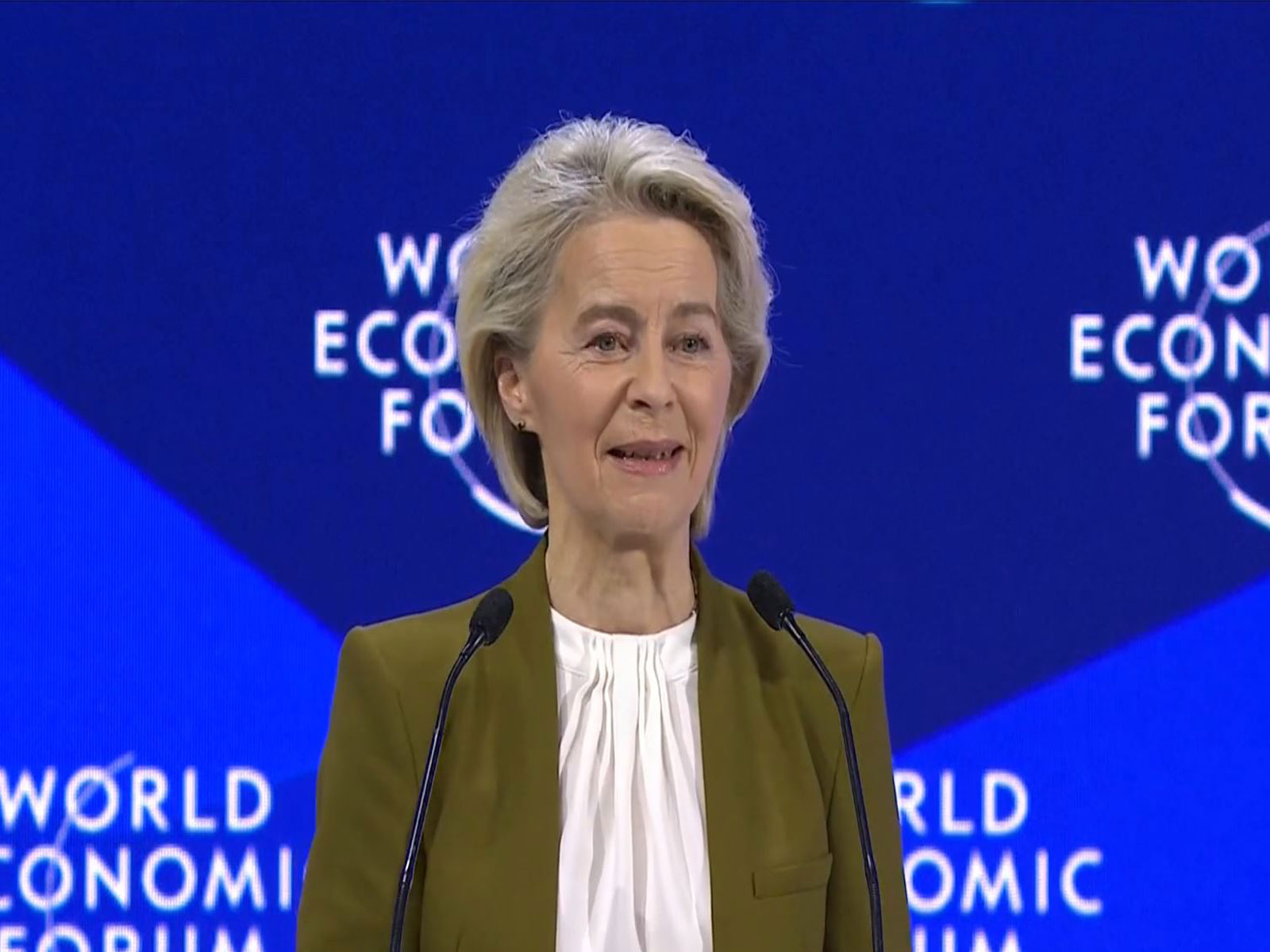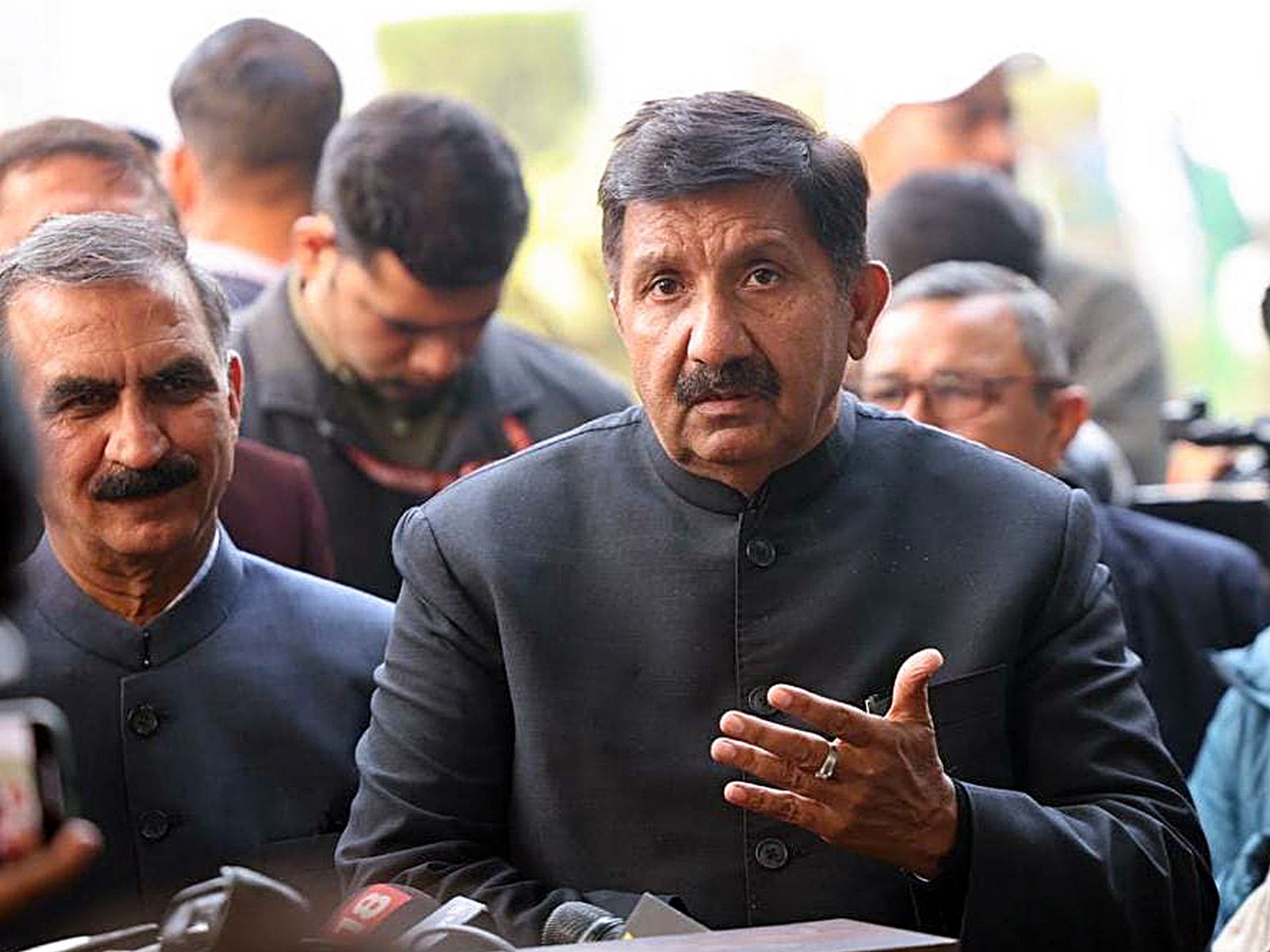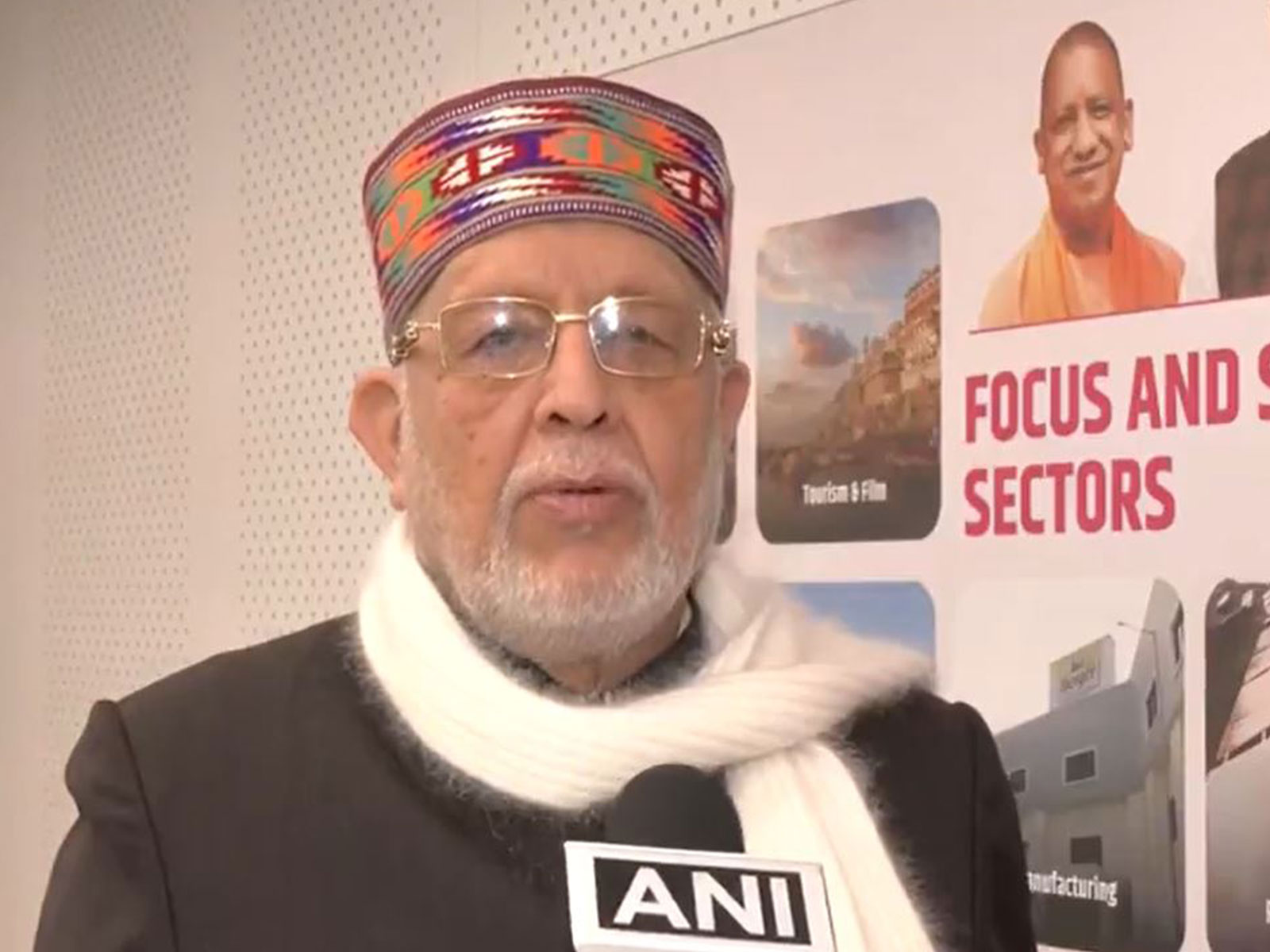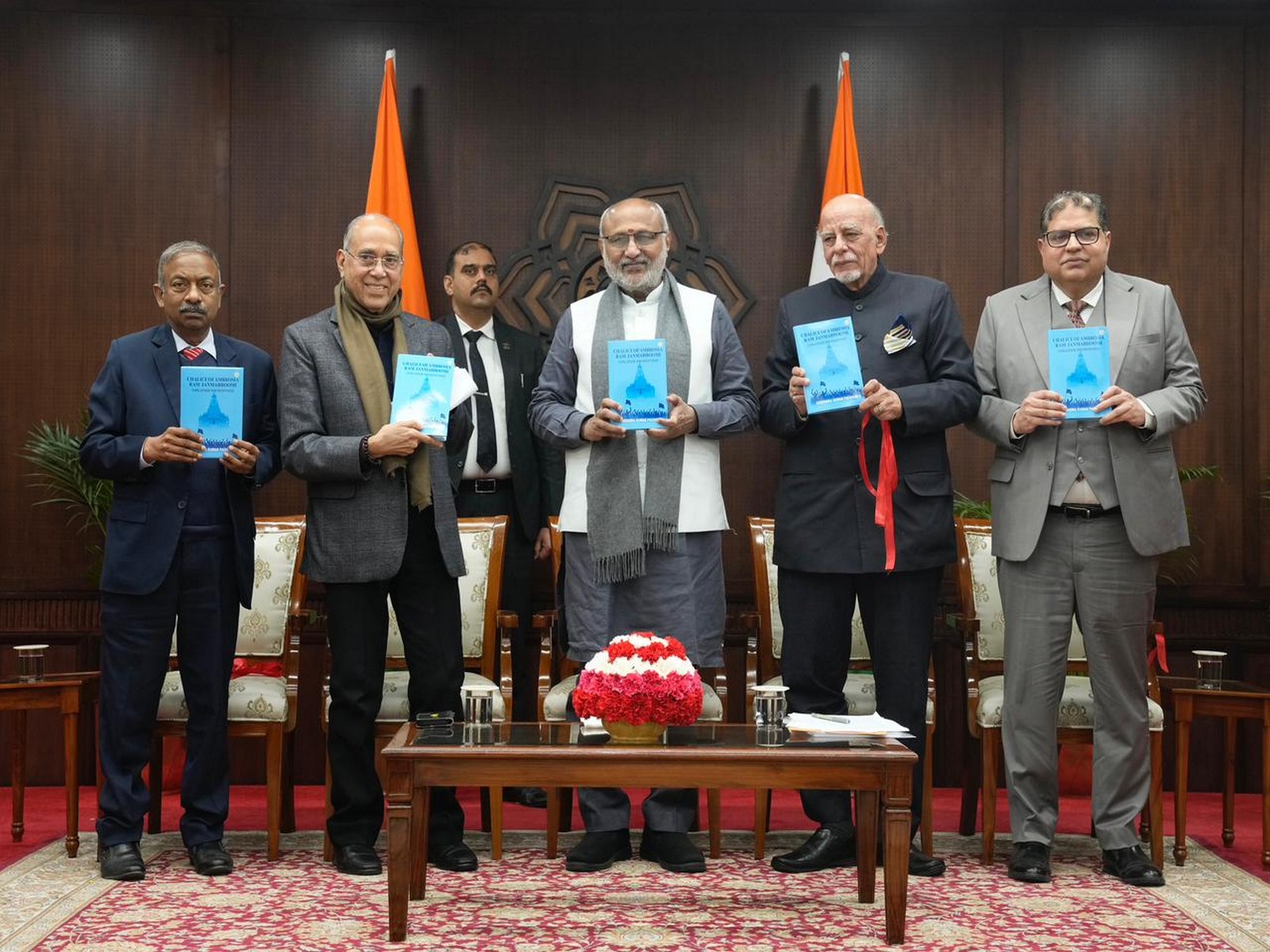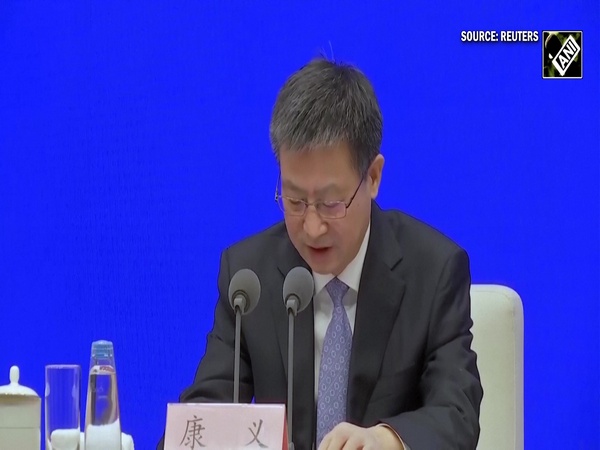Authors retract Lancet study on HCQ drug over unavailability of full data set
Jun 05, 2020

Washington D.C. [USA], June 5 : Three authors involved in a Lancet article that drew scrutiny over the trial of the antimalarial drug-- hydroxychloroquine-- for curing patients infected with COVID-19 said they retracted items related to it over unavailability of full data set behind the study.
According to the WallStreet Journal, two major studies casting doubt on the ability of antimalaria drugs to treat Covid-19 patients based on data from a little-known Chicago company, Surgisphere Corp., were retracted on Thursday.
The online medical journal Lancet first pulled a study published late last month that found antimalarial drug provided no benefit as a treatment for Covid-19 infections while increasing the risk of heart problems and death.
The New England Journal of Medicine then retracted a separate article, published in early May, that examined the impact of cardiovascular and blood-pressure drugs in COVID-19 patients.
Both articles featured three of the same authors, Mandeep Mehra, Amit Patel and Sapan Desai, and were based on data supplied by Dr. Desai's company, Surgisphere.
Surgisphere had earlier said it collected petabytes of data from more than 100 million patients, culled from some 1,200 hospitals and institutions on six continents.
One issue raised by outside researchers was with the numbers of patients purported to be in the data set, in certain cases, they exceeded the total number of Covid-19 patients in certain countries and regions. They criticized the authors' decision not to share information about which hospitals or countries provided the patient data.
The Wall Street Journal also contacted more than a dozen large US hospitals, including some that treated high numbers of COVID-19 patients. But none of them said they had an arrangement to share patient data with Surgisphere, and several said they had never heard of it.
Three of the Lancet paper's authors said they decided to retract the paper after Surgisphere refused to share the full data set as part of a review triggered by concerns raised by outside researchers. The medical journal published a correction to the study on May 29.
"We always aspire to perform our research in accordance with the highest ethical and professional guidelines," the authors, Drs Mehra, Patel and Frank Ruschitzka said in a statement cited by the Journal.
"We can never forget the responsibility we have as researchers to scrupulously ensure that we rely on data sources that adhere to our high standards. Based on this development, we can no longer vouch for the veracity of the primary data sources," the statement read further.
"What happened here was a failure of the authors, and peer review, and the journal, and to prevent something like this from happening again we really need to understand what went wrong here," said Dr Hernandez, who had signed the open letter.
He also said studies that harness large data sets or are observational should be as transparent as randomized clinical trials, including data origins, and allow for independent views.
Following the Lancet's retraction today, Adrian Hernandez, director of Duke Clinical Research Institute at Duke University School of Medicine, and who wasn't involved in the study, said a retraction was appropriate but the authors still owed the research community an explanation.
